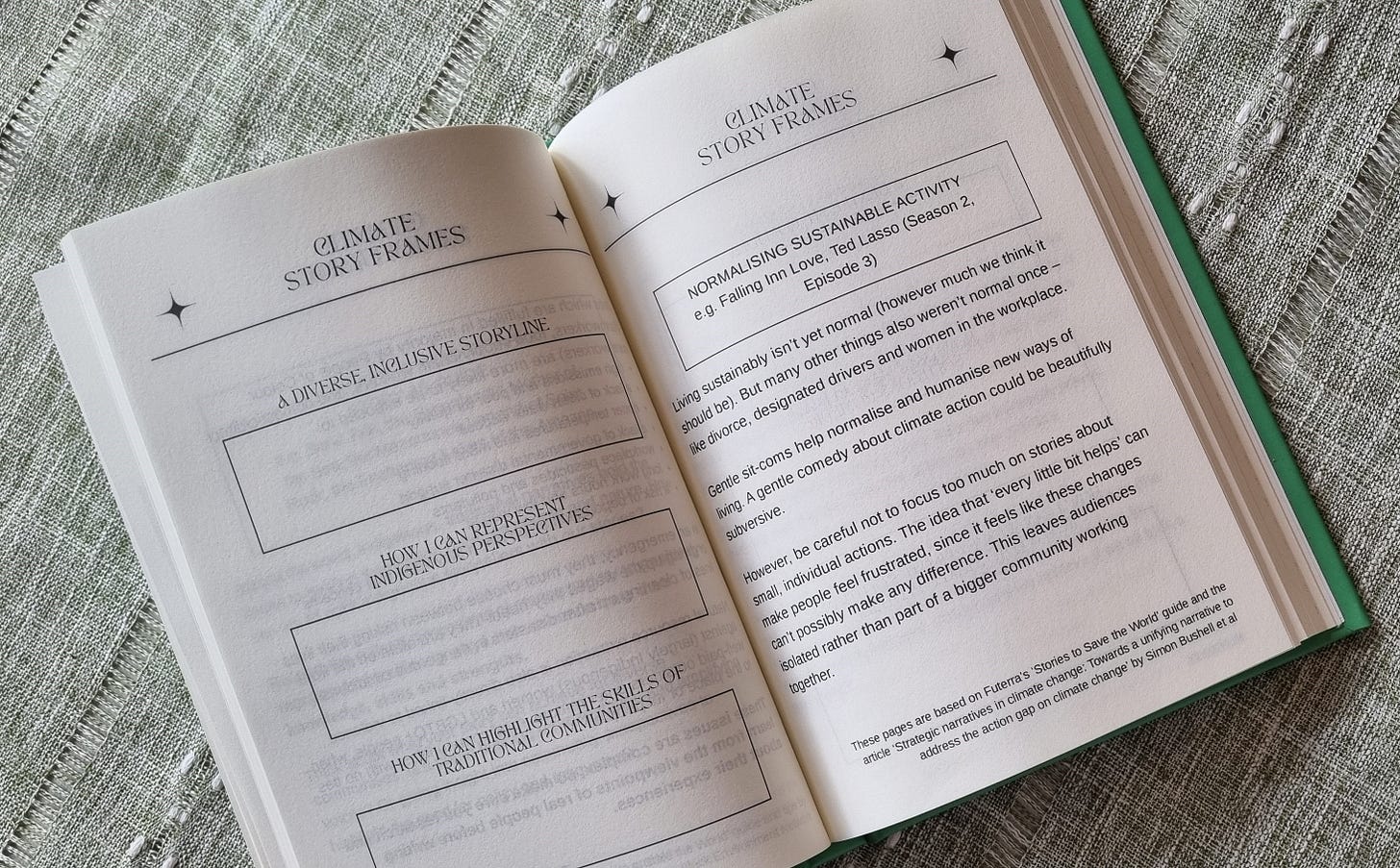Uwe Laub is a successful German author whose novels primarily deal with topics related to the environment, nature, sustainability, and climate change. A major German book website has said that Laub was already writing climate fiction before the term even existed. Laub always takes a current topic and blends it with facts and fiction, with the aim of offering readers exciting stories that make them think and speculate. This is one of the reasons why Laub's “cli-fi” thrillers are so popular that they have now been translated into several languages. His bestseller “STORM” was recently published by Auguste Crime in the US. Laub is also actively involved in environmental and animal welfare projects and he is a member of various writers' associations, including the Climate Fiction Writers League.
Now Uwe Laub has launched a similar project in Europe – Climate Fiction Writers Europe, a non-profit organization.
Who is Climate Fiction Writers Europe and why did I found this association?
We are a community of writers who want to make a difference. We write because we are curious, because we have something to say, because we hope for change, and because we want to share our passion. In this way, we celebrate the wonders of nature and at the same time help to raise awareness of the problematic way we treat our planet.
Climate fiction is unfortunately still an underrepresented genre in Europe. Those who write in this genre usually struggle alone here. We feel the need to exchange ideas with like-minded people. We share ideas and information, tips and opportunities, sources and connections. We join forces to make our voices heard more clearly. In this respect, the Climate Fiction Writers League was, so to speak, the inspiration for founding this association.
Finding the first seven members needed in Germany to officially establish a non-profit organization was not difficult. There was a great deal of interest and enthusiasm in my network of authors. However, the administrative hurdles were considerable, especially obtaining classification as a tax-recognized non-profit organization. That took me many weeks and months. But here we are now, and our launch has been a success. We now have over thirty members and continue to grow. With members from Germany, Austria, Switzerland, and Denmark, we are already living up to the “Europe” in our name.
What do we want and how do we want to achieve our goals?
We want to influence the history of our planet. Each author in their own way. Individually, but also collectively as an association. We want to promote the writing and appreciation of climate fiction in Europe and, as things stand today, primarily in German-speaking countries. We want to inform, support, promote, defend, and advocate for authors of climate fiction. We want to be a competent point of contact and thus a comprehensive source of information and education. We want to represent, promote, and defend the interests of our authors in the various areas of the publishing industry and self-publishing.
We want to achieve these goals by forming alliances and partnerships with other author networks, associations, and federations—as we are now doing with the Climate Fiction Writers League. Of course, we send out monthly newsletters and offer support, organization, coordination, and implementation of cultural events such as literature festivals, readings, book fairs, conferences, and workshops. We want to raise awareness of our works among editors and publishers. Perhaps our most exciting project is the organization of an annual climate fiction writing competition with a newly created literary prize, including an award ceremony.
Who can become a member and what are the benefits of membership?
We welcome anyone who shares our passion for writing and our values. It doesn't matter whether you are young or not so young, whether you are traditionally published by a publishing house or self-published, or whether you have never been published before. The form of writing is also irrelevant. Whether books, blogs, newspapers, newsletters, articles, scripts, screenplays, or poems—anyone who writes is welcome. We reserve the right to reject membership applications if it is apparent that applicants openly represent values in their works or public appearances that are not in line with our values. We reject extremism, discrimination, and intolerance in any form.
The advantages of membership are obvious. Every member of Climate Fiction Writers Europe is part of something bigger. Together we are stronger, we are heard, we can make a difference. We exchange information, tips, news, opportunities, and trustworthy sources of information. This gives us new access to sources, stories, and informational material. Our newly created writing contest and award ceremony will attract media attention. We support each other on social media to generate greater outreach. We feature members and their works on our website, and members are also allowed to use the association's logo on their own websites, social media, in books, or blogs.
Conclusion
Climate fiction is more than just a literary genre—it is a mirror of our times and a call to society to address the pressing issues of climate change and the destruction of our habitat. Through emotional stories and captivating scenarios, cli-fi makes the abstract challenges of the climate and environmental crisis tangible, thereby making an important contribution to environmental education and motivation for change.
In a world facing profound changes, climate fiction is not only a form of entertainment, but also an invitation to take responsibility and think about solutions together. Unfortunately, climate fiction is still underrepresented in the huge book and literature market. Together we are stronger. Let's all work together to help climate fiction achieve the status it deserves in literature.
If you are interested in our association and membership, you can find more information on our website: www.climatefictionwriterseurope.org
You can also email Uwe Laub at post@climatefictionwriterseurope.org
Submissions invited for Bending The Arc
Bending The Arc is an online Substack magazine publishing stories, poems and features that bend the arc of the possible towards a thriving future on Earth. The submission window for our next edition is open between 7th and 31st July and we need YOUR thrutopian poems, short stories, novel extracts, non-fiction and hybrid pieces. Our Submissions page has full details of what we’re looking for.
Thrutopian writing imagines ways through to a world we would be glad to leave to future generations. It tells stories about tangible change and walks us along the challenging path from now to a more hopeful, liveable tomorrow. We welcome submissions from all writers everywhere working in all thrutopian forms.
Handbook Giveaway!
You can currently enter to win a copy of our new ‘Climate-Conscious Writers Handbook’ by leaving a comment on this post over on Instagram.





